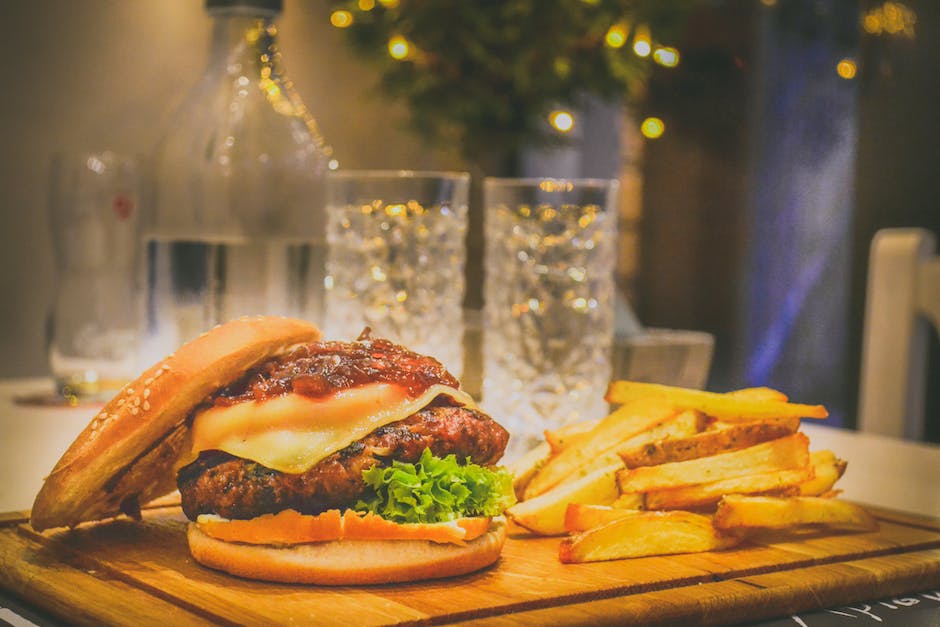How Many Calories in Corn on the Cob: Your Comprehensive Guide
Are you trying to maintain a healthy diet but still want to enjoy the sweet, buttery taste of corn on the cob? You’re not alone. Many health-conscious individuals are looking for ways to enjoy their favorite foods while keeping an eye on their calorie intake. In this comprehensive guide, we’ll delve into the nutritional content of corn on the cob, answer some of the most commonly searched questions, and provide you with all the information you need to enjoy this delicious vegetable without guilt. So, let’s get started and uncover the calorie count of corn on the cob and much more.
What is the Caloric Content of Corn on the Cob?
Understanding Corn on the Cob Calories
Corn on the cob is a staple at summer barbecues and family gatherings, but how does it fit into your daily calorie count? On average, one medium ear of corn on the cob contains about 90 to 100 calories. However, this number can vary depending on the size of the corn and how it’s prepared. Let’s break down the factors that can affect the calorie content of this popular dish.
Factors Affecting Calorie Count
- Size of the Corn: Larger ears of corn will naturally have more calories than smaller ones.
- Preparation Method: Boiling corn on the cob without adding anything else is the simplest way to keep calories low. However, adding butter or other toppings can increase the calorie count significantly.
- Toppings and Seasonings: Butter, mayonnaise, cheese, and other popular toppings can add extra calories. Herbs and spices, on the other hand, add flavor without a significant calorie increase.
Nutritional Benefits of Corn on the Cob
A Closer Look at Corn’s Nutritional Profile
Corn on the cob isn’t just about calories; it’s also packed with nutrients that can benefit your health. It’s a good source of fiber, vitamins, and minerals. Here’s what you need to know about the nutritional benefits of corn.
Key Nutrients in Corn
- Fiber: Aids in digestion and can help you feel full longer.
- Vitamins: Corn is rich in B vitamins, including thiamin and folate, which are essential for energy production and cell growth.
- Minerals: You’ll find phosphorus, magnesium, and potassium in corn, all of which are important for maintaining healthy bodily functions.
How to Enjoy Corn on the Cob While Watching Calories
Tips for Healthier Corn on the Cob
If you’re counting calories but still want to enjoy corn on the cob, there are several ways to do so without overindulging. Here are some tips to keep in mind:
- Go Easy on Toppings: Opt for a light brushing of butter or use butter substitutes.
- Use Herbs and Spices: Enhance the flavor with calorie-free options like paprika, garlic powder, or fresh herbs.
- Portion Control: Stick to one medium ear of corn to keep your calorie intake in check.
Creative Corn on the Cob Recipes
Get creative in the kitchen with these low-calorie corn on the cob recipes that don’t skimp on flavor:
- Grilled Corn with Lime and Chili: A zesty, low-calorie option that packs a punch.
- Herb-Infused Corn: Steam your corn with fresh herbs like basil or cilantro for a fragrant and healthy twist.
Common Questions About Corn on the Cob Calories
Answering Your Calorie Concerns
When it comes to corn on the cob, people often have specific questions about its calorie content. Let’s address some of these common queries:
- How does corn on the cob compare to other vegetables in terms of calories?
- Can corn on the cob fit into a low-carb or ketogenic diet?
- What are the best ways to measure portion sizes for corn on the cob?
By answering these questions, we can help you make informed decisions about including corn on the cob in your diet.
Conclusion: Balancing Enjoyment and Nutrition
In conclusion, corn on the cob can be a delicious and nutritious part of your diet when consumed in moderation. By understanding the calorie content and making smart choices about preparation and toppings, you can enjoy this classic dish without compromising your health goals. Remember to consider portion sizes and opt for healthy recipes that enhance the natural sweetness of corn without adding unnecessary calories. Now that you’re equipped with this knowledge, go ahead and savor that next ear of corn with confidence and pleasure!


